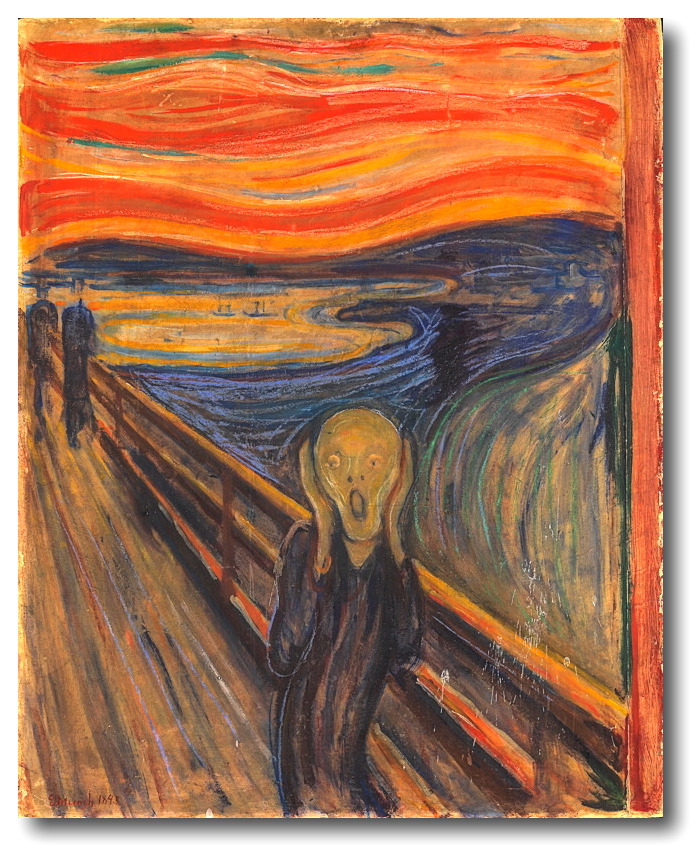August 23, 2024
PSY
444 Story in Psychology: Narrative Perspectives on
Human Behavior
|
August 23, 2024 |
PSY
444 Story in Psychology: Narrative Perspectives on
Human Behavior |

Name of Class: Story in Psychology: Narrative Perspectives on Human Behavior
- Psychology: "The science that studies behavior and the physiological and cognitive processes that underlie it, and the profession that applies the accumulated knowledge of this science to practical problems" (Weiten, 2017, p. G-7)
- Scientific study of human behavior.
- Science is usually thought to be equal to the study of facts, that is, what actually is or has been, what is true, information that has objective reality
- But, so much of what we do ≠ facts. How do we understand motivation, purpose, meaning? This inevitably involves story.
| The leaf fell from the tree | Fact or story? | |
| The leaf died & fell from the tree | Fact or story? | |
| John died on Thursday | Fact or story? | |
| John died on
Thursday and his wife, Mary, died the next day |
Fact or story? |
How is the last statement different from the three statements above it?
- Human Behavior: what we do, how we develop, how we interact, who we think we are, etc.
- Narrative Perspectives
- Perspective = taking a particular mental point of view in order to understand something
- Weiten's definition includes (1) physiology and (2) cognition and (3) professional practice
- There are many other perspectives: psychoanalytic, developmental, social, behavioral, etc. Each is able to help understand human behavior better.
- For this course, the perspective is narrative or story (which we'll define more broadly and specifically next week) but essentially narrative = story.
- Consider how to understand these three examples of human behavior
- Mary was a grade A student in her 1st two years of college, but drops to a C average as a junior. How might we understand that?
Günter Grass (1927-2015). Nobel Prize-winning German writer of great importance
- Throughout his writing career, he called upon his fellow citizens to take responsibility for following Hitler and Nazism in the 1930s and 1940s. His was a loud moral voice.
- At age 75, he admitted that he volunteered to join the Nazi Waffen-SS at the age of 17.
- What do we make of him? Liar? Converted? Morally repugnant?
- The Story of Lou: See handout I distribute in class. How might the following factors explain the story presented here? At the same time, can you think of ways in which these factors also might explain something important in your own life?
- the role of identity (gender, sexuality, race, ethnicity as experienced in real life)
- the role of culture (expectation and practices associated with being a member of the (sub-)culture in which we live
- the role of history (the events which have filled the world, both broad and personal, in which we have grown up and live)
Reviewing information on two major student projects (see the two handouts that I distribute in class)
1. Contemporary Narrative Analysis Project
2. Student Class Presentation and Research Report